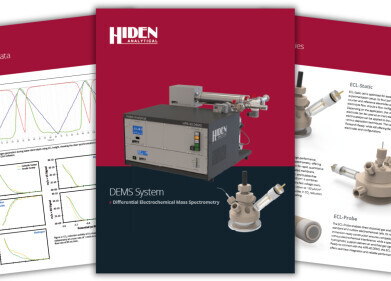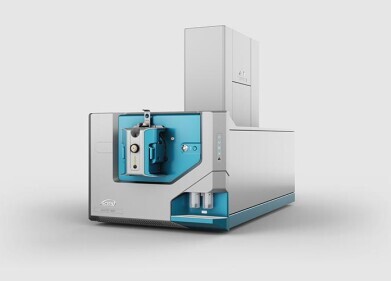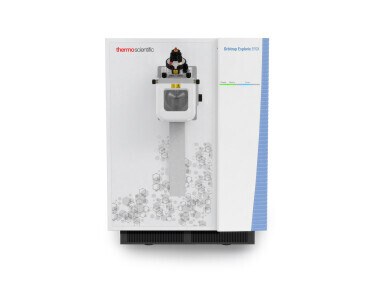Mass spectrometry & spectroscopy
‘Designer Babies' - How Does It Work?
Jan 04 2019
Late last month, Chinese scientist He Jian Kui made headlines for using the gene-editing tool CRISPR cas-9 to create the world’s first gene-edited babies. To do this he manually disabled the CCR5 gene in 31 embryos, a move designed to create HIV resistance.
“I feel a strong responsibility that it’s not just to make a first, but also make it an example,” asserted Dr. He Jian Kui in an interview with The Associated Press.
Concerns over ethics and outcomes
Unsurprisingly, the procedure garnered both applause and criticism, with some experts warning that his work could have serious health repercussions for the children. The procedure was widely condemned by the science community, with Dr. Kiran Musunuru of the University of Pennsylvania saying the risks and ethical questions outweigh the benefits.
“In cases where the potential risks are substantially higher than the benefits, which I think is the case here, that is not ethical. I would say no babies should be born at this time, following the use of this technology."
The use of CRISPR cas-9 to create HIV resistance also raised major questions regarding "designer babies" and the controversial concept of the genetics of health, intelligence and beauty.
Questions over integrity of IVF embryo screenings
Thanks to new "polygenic" techniques scientists are now able to analyse genetic regions and determine susceptibility to diseases like diabetes and cancer, as well as genetic chromosome disorders like Down syndrome. There are now companies offering IVF embryo screenings designed to detect not only susceptibility to disease, but also low intelligence. Ultimately, this could lead to offering prospective parents the scope to hand-select embryos with a high IQ.
As the understanding of how genes affect traits grows, experts predict it could lead to screenings designed to detect sexuality, autism and susceptibility to disorders like anxiety and depression. Eventually, technology like CRISPR could also be used to enhance physical attractiveness. The idea of genetically fine-tuning babies is appalling to some and appealing to others, with some people fearing it could prompt fertile couples to seek IVF in the hope of selecting high IQ embryos.
Growing research into polygenic IVF screening will undoubtedly raise a host of ethical questions. It will also spark political and social conflict, as well as the need to introduce governing regulations.
While some new technologies can be confronting and controversial, others are categorically useful. For a closer look at how new ID Kits are changing the face of on-the-go narcotics testing don't miss 'Determination of heroin in street drug samples with printable surface enhanced Raman scattering (P-SERS)'.
Digital Edition
Lab Asia Dec 2025
December 2025
Chromatography Articles- Cutting-edge sample preparation tools help laboratories to stay ahead of the curveMass Spectrometry & Spectroscopy Articles- Unlocking the complexity of metabolomics: Pushi...
View all digital editions
Events
Jan 21 2026 Tokyo, Japan
Jan 28 2026 Tokyo, Japan
Jan 29 2026 New Delhi, India
Feb 07 2026 Boston, MA, USA
Asia Pharma Expo/Asia Lab Expo
Feb 12 2026 Dhaka, Bangladesh
.jpg)


















